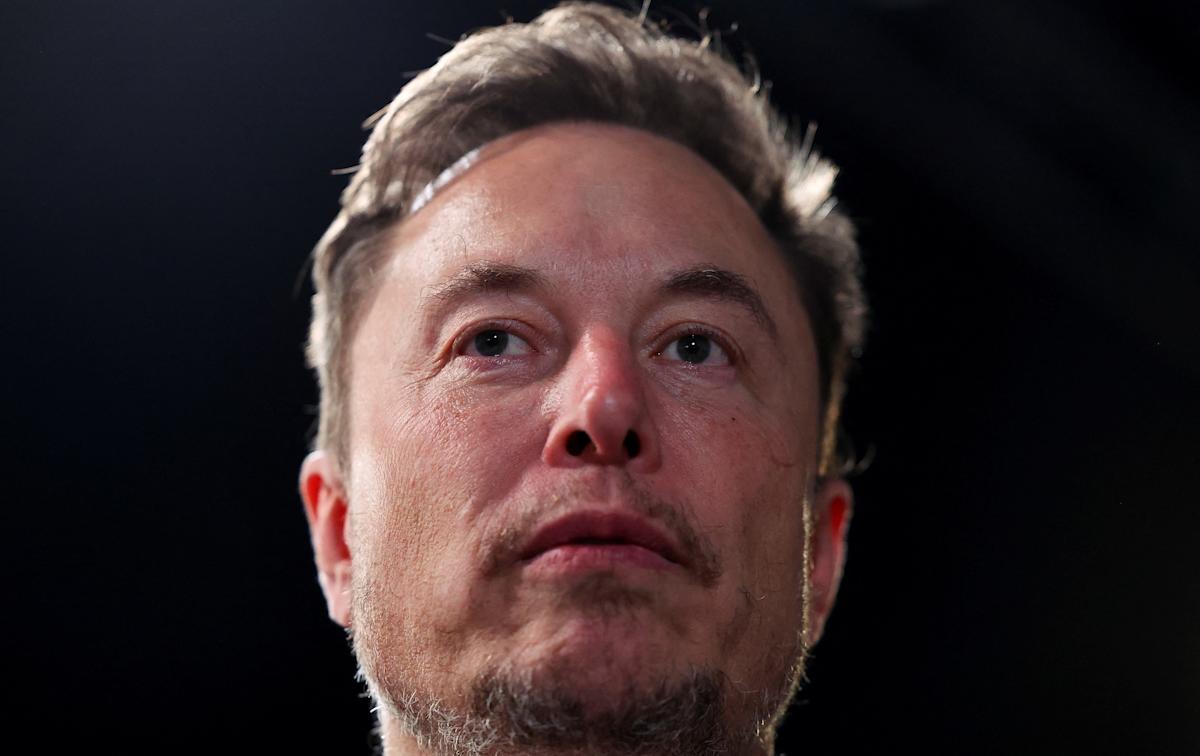Two high-profile tech titans are squabbling again, according to Futurism, and this round of the spat hinged on a purported talent exodus from xAI.
Tesla CEO Elon Musk was “fuming,” the outlet’s headline blared, in an article citing a years-long history of “bad blood” with OpenAI CEO Sam Altman.
Altman and Musk were once the best of bros, and in September, Business Insider quoted Altman as saying he once viewed his now-rival as a “great jewel for humanity.” Today, they’re considered “bitter enemies.”
The duo co-founded OpenAI in 2015, but famously parted ways in 2018 when they diverged on the company’s future. After Musk filed a lawsuit in 2024, The Guardian reported that he’d allegedly sought to “merge” OpenAI with Tesla, a decision Altman purportedly opposed.
Since their professional and interpersonal split in 2018, Altman and Musk have clashed in the public sphere and in court. Now, amid a year of swings and roundabouts for Tesla, the latter CEO accused Altman of poaching his skilled employees.
Citing The Guardian, Futurism quoted a lawsuit filed on behalf of xAI against OpenAI. In it, the former asserted the latter engaged in a “deeply troubling pattern” of luring xAI talent to OpenAI.
A spokesperson for OpenAI vehemently denied the allegations, asserting Altman’s company had “no interest” in xAI’s proprietary information.
As Tesla’s CEO, Musk’s entanglements and public spats tend to have a visible impact on the electric vehicle manufacturer’s fortunes.
Musk has been known to come across as shortsighted and impulsive when something appears to get under his skin, and as 2025 sales have shown, his actions certainly seem to have a material influence on sales worldwide.
Until fairly recently, Tesla was to EVs as Xerox is to photocopiers, or Band-Aid to bandaids; if someone thought of an electric car, chances were it was a Tesla.
Inconsistent behavior from Tesla’s CEO, alongside some high-profile safety stumbles, could depress electric vehicle adoption and discourage drivers from making their next car an EV.
A general distaste for the brand could also negatively impact Tesla driver satisfaction and their willingness to remain loyal to the automaker.
Fortunately for drivers (and less so for Tesla), competitors are gaining ground with fully electric models from both mainstream brands, such as Ford and Chevy, as well as upstarts like BYD and Xiaomi.
